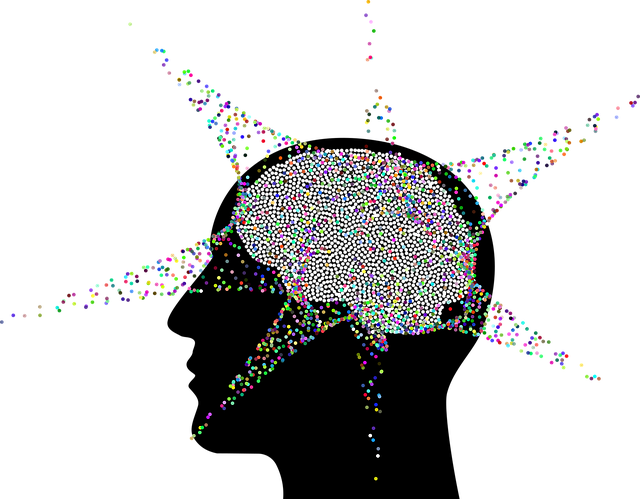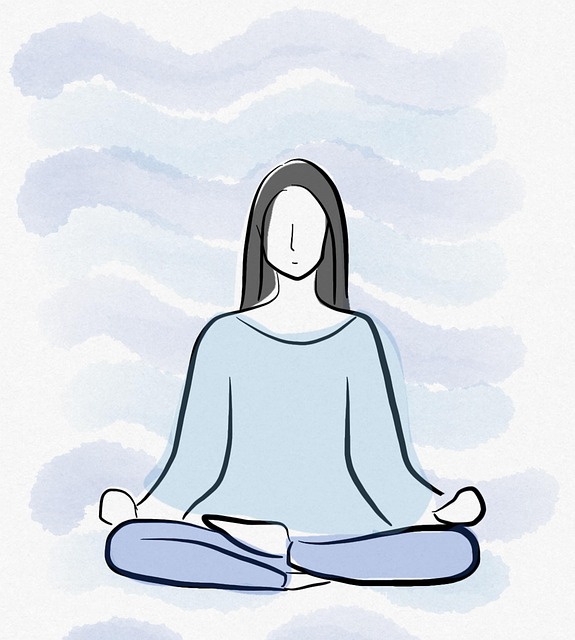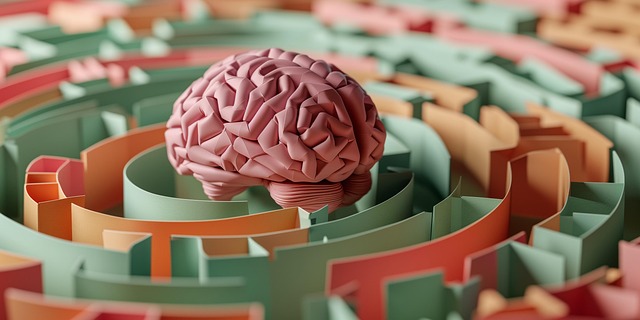Crafting a powerful self-care routine starts with understanding your unique mental wellness needs. Englewood Drug Abuse-Substance Abuse Therapy guides individuals through personalized strategies, combining creative therapies and structured practices like meditation and exercise. This holistic approach promotes emotional healing, resilience, and long-term mental health advocacy. A dynamic routine balances consistency and adaptability, incorporating mindfulness, physical activity, sleep, and therapeutic hobbies. Regular reviews and technique updates ensure its effectiveness, empowering individuals to manage emotions and navigate life's challenges with clarity and strength.
“Unwind, rejuvenate, and prioritize your mental wellness with our comprehensive guide. In today’s fast-paced world, cultivating a self-care routine is essential for maintaining equilibrium. We explore the intricacies of ‘Understanding Your Mental Wellness Needs’ to empower individuals in crafting personalized routines. From ‘Building Blocks’ to integrating therapy and adjusting over time, this article offers practical insights. Discover how Englewood Drug Abuse-Substance Abuse Therapy can complement your journey towards holistic well-being and resilience.”
- Understanding Your Mental Wellness Needs
- Building Blocks of a Self-Care Routine
- Integrating Therapy and Self-Care Practices
- Sustaining and Adjusting Your Routine Over Time
Understanding Your Mental Wellness Needs

Understanding your mental wellness needs is a crucial step in developing an effective self-care routine. Every individual’s journey to emotional well-being is unique; what works for one person might not be suitable for another. This process involves introspection and identifying personal triggers, coping mechanisms, and areas that require improvement. For instance, some may find solace in creative outlets like art or music therapy, while others benefit from structured practices such as meditation or regular exercise.
Englewood Drug Abuse-Substance Abuse Therapy highlights the importance of addressing underlying issues through communication strategies and emotional healing processes. By acknowledging and managing stress reduction methods, individuals can create a balanced routine tailored to their specific needs. This may include setting boundaries, practicing self-compassion, and engaging in activities that foster a sense of calm and resilience.
Building Blocks of a Self-Care Routine

Building a robust self-care routine is akin to crafting a personalized roadmap for enhancing mental wellness. It involves integrating various practices and activities that cater to different aspects of your well-being, much like pieces of a puzzle coming together to create a vibrant whole.
The foundational blocks include prioritizing stress management techniques such as mindfulness meditation or yoga, which help cultivate inner calm. Engaging in regular physical activity, whether it’s a brisk walk in nature or a lively dance session, releases endorphins and boosts mood. Similarly, ensuring adequate sleep, often overlooked yet vital, allows your mind and body to rejuvenate. Incorporating confidence-boosting activities like journaling, where you reflect on your achievements and set positive intentions, can significantly impact mental resilience. Additionally, seeking professional guidance from Englewood Drug Abuse-Substance Abuse Therapy or engaging in therapeutic hobbies known from our Mental Wellness Podcast Series Production can offer valuable tools for navigating life’s challenges.
Integrating Therapy and Self-Care Practices

Integrating therapy and self-care practices is a powerful approach to enhancing mental wellness. Beyond regular sessions with professionals like those at Englewood Drug Abuse-Substance Abuse Therapy, incorporating therapeutic techniques into daily routines can significantly support mental health. Practices such as mindfulness meditation, cognitive reframing, and emotional regulation strategies, taught during therapy sessions, can be seamlessly woven into self-care rituals for a holistic approach.
This integration allows individuals to cultivate emotional intelligence, a key aspect of mental health awareness, enabling them to better understand and manage their emotions. Moreover, consistent engagement with these practices contributes to the development of resilience, a crucial element in navigating life’s challenges and promoting long-term mental health policy analysis and advocacy for oneself and communities at large.
Sustaining and Adjusting Your Routine Over Time

Maintaining a mental wellness self-care routine requires consistency and flexibility. As you establish your daily practices, it’s crucial to remember that life is dynamic, and your routine should evolve with it. What works today might need adjustments tomorrow, especially as you navigate different life stages and circumstances. For instance, the stress of work or relationships can change, requiring a re-evaluation of your self-care strategies.
Englewood Drug Abuse-Substance Abuse Therapy emphasizes the importance of Mind Over Matter Principles in managing mental wellness. Regularly reviewing and adjusting your routine ensures that it remains effective for your current needs. If certain activities are no longer serving you, don’t be afraid to replace them with new ones. Incorporating techniques like anxiety relief exercises or social skills training can enhance your overall well-being. The key is to stay engaged in practices that foster mental clarity and resilience, allowing you to adapt and thrive in any situation.
Developing a personalized mental wellness self-care routine is a proactive step towards enhancing overall well-being. By understanding your unique needs, creating a solid foundation with essential practices, and integrating therapy, you can foster resilience. Over time, consistent self-care becomes a sustainable practice that empowers individuals to navigate life’s challenges. For those seeking support, Englewood Drug Abuse-Substance Abuse Therapy offers specialized services to complement self-care journeys, ensuring individuals have the tools needed for long-term mental wellness.














